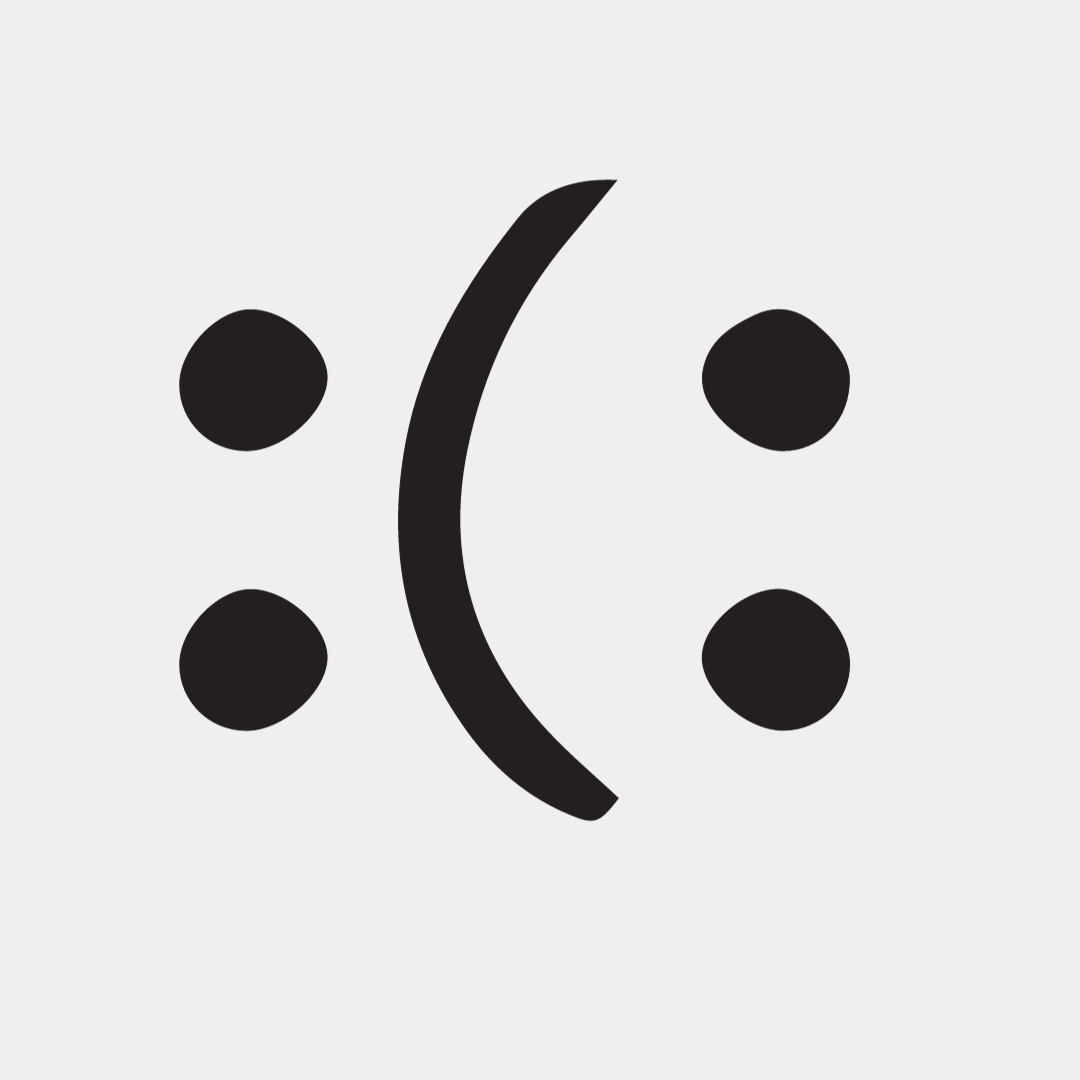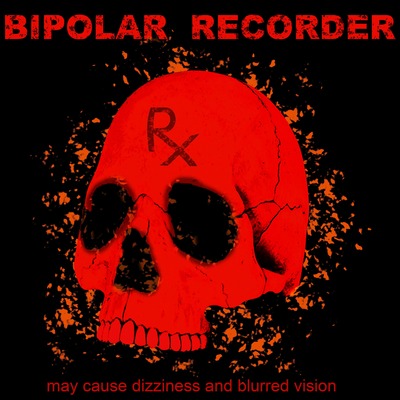This blood test, alongside the digital assessment, can accurately diagnose up to 30% of bipolar disorder cases.
This is HUGE. I cannot express how huge. Being able to differentiate bipolar depression from unipolar depression has the potential to help thousands of people to get proper diagnosis and treatment. Sure, it’s only up to 30% now, but this is just the beginning.
For our non-bipolar friends: bipolar is notoriously hard to diagnose. Up to 40% of people with bipolar get misdiagnosed as having major depression instead. The treatment for those two can look very different. As a result, people with bipolar often get the wrong meds, which can trigger their symptoms to be worse. Being able to do a blood test is a huge breakthrough, definitely something to celebrate!
@ickplant Yes, lots of people are not aware that — for example — antidepressants can trigger manic episodes. It’s very dangerous how little education/awareness there is out there. I hope we can change that!
Exactly! I was misdiagnosed with depression and put on prozac, which triggered manic and mixed episodes. Worst period in my life, worse than before I went on meds. Thankfully, now I have the proper care. This test can save others from the same fate.
I may be going through this now.
It was hell when I went through it, i hope you are able to sort it out. This is a great write-up about antidepressants and bipolar.
@iHUNTcriminals Talk to your doctor!
This is amazing. My father has bipolar disorder and was misdiagnosed for many years when I was a kid. Needless to say, it took a huge toll on him and our family.
Undiagnosed or misdiagnosed disorder can wreak havoc on lives of people who have it and everyone around them. I’m sorry you had to live through that.
I can accurately detect bipolar disorder by up to 50% by just guessing yes or no. Wheres my nobel prize
I’m assuming the test works less like a bianay, and more like a tertiary system (positive, negative, and inconclusive) the 30 percent would refer to the accurately defined positive/negative results, the other 70 percent would be inconclusive.
Without delving into the research, by the title, I looks like they are looking for a certain number of markers in the blood which we may all produce to have a definitive answer. If it is above a limit, it’s positive; below, negative; somewhere in between, it will have an inconclusive result.






